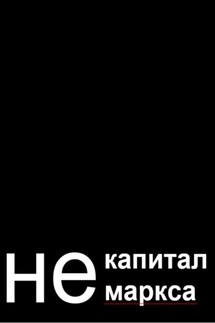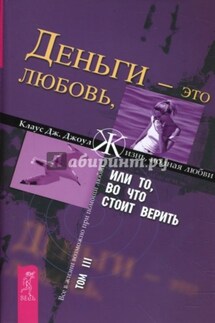The General Theory of Capital: Self-Reproduction of Humans Through Increasing Meanings - страница 59
Value as a socially necessary mass of use values evolves in the process of self-reproduction of culture-society, while price as an individually necessary mass of utility develops in scattered acts of individual or collective self-reproduction. Value and price are linked through money: “Economists have the habit of thinking about prices starting from value, while for us their basis is to be found in money” (Aglietta and Orléan 2006, p. 27).
The evolution of value and money, commodities and prices depends on the evolution of meanings in general. The increase of meanings is manifested in their complication: division, addition and multiplication. The opposite is also true: the evolution of value and money, commodities and prices is a prerequisite for the evolution of all other meanings, since circulation is a necessary phase of the self-reproduction of culture-society. The complication of competition, cooperation and administration is necessary for socio-cultural development. Activity, order and knowledge are divided by purposeful choice and by spontaneous cultural selection:
“The price system is just one of those formations which man has learned to use (though he is still very far from having learned to make the best use of it) after he had stumbled upon it without understanding it. Through it not only a division of labor but also a co-ordinated utilization of resources based on an equally divided knowledge has become possible” (Hayek 1988-2022, vol. 15, pp. 101-2).
With the advent of money, people had the opportunity to hoard it instead of spending it on goods, that is, not to consume goods but to store value and spend it later. The second function of money is therefore a means of accumulation, that is, a vehicle for saving and investing value. Money is a way to establish a relationship between a resource and the future costs and benefits it brings.
Since money is both a means of calculation and circulation and a means of saving and investing, it requires, first, cooperation and trust, that is, an agreement between subjects, and, second, administration and coercion, that is, institutions that ensure compliance with this agreement. Money and the state formalize the duties and obligations of members of society. Money is a horizontal way of formalizing mutual obligations. The state is a vertical way of formalizing the responsibility of the individual to society as a whole.
Originally, money had to have the properties of utility and scarcity, later it also had to be portable, divisible and long-storable, which is why precious metals were used as currency. As money evolved, it shifted from hard material form to abstract social content, from gold or silver coins to fiat money.
2. Profit and interest
Surplus activity and its norm
A culture-society reproduces itself through added activity. A hunter-gatherer society, with its modest cultural experience and comparatively low complexity of meanings, produced activities that only enabled it to reproduce itself on a constant scale. The added activity of a primitive society was approximately equal to the sum of the necessary activity of the individuals who composed it. The accumulation of cultural experience, the division, addition and multiplication of meanings during the transition to agriculture, enabled the culture-society to carry out more complex activities and to produce more means of activity—more than was required for the simple reproduction of the active power of the individuals:







